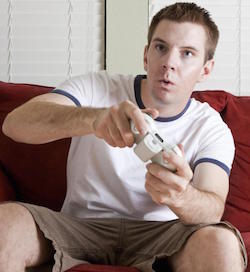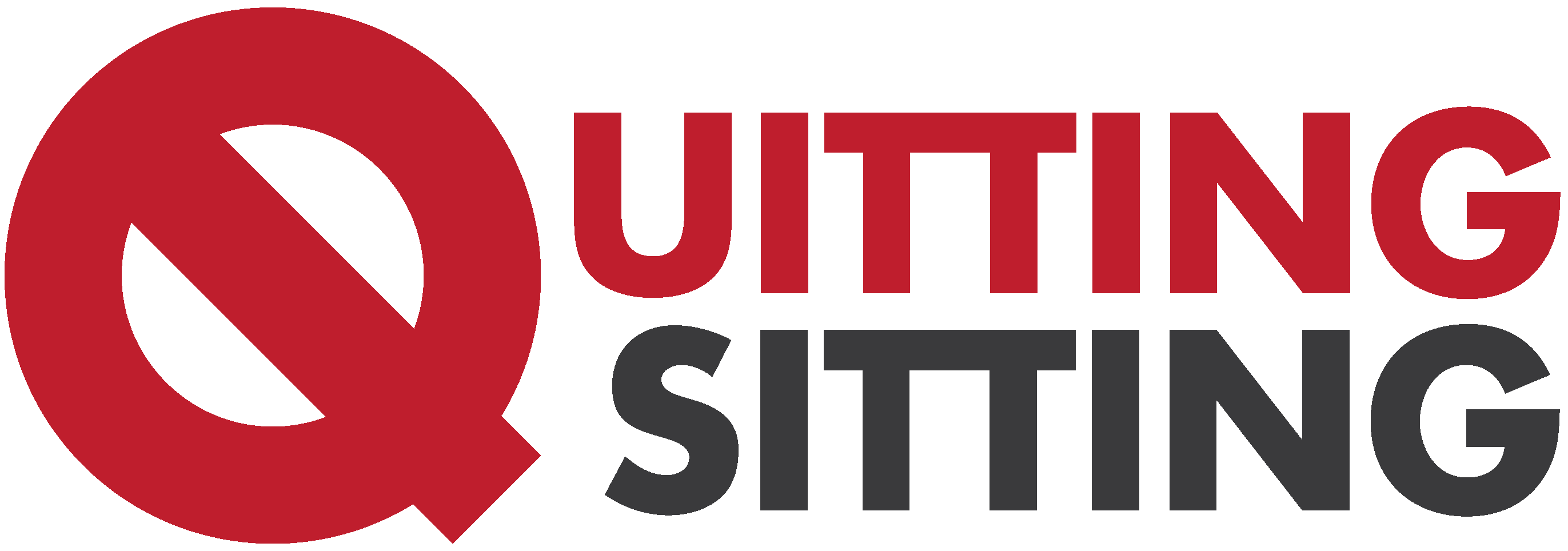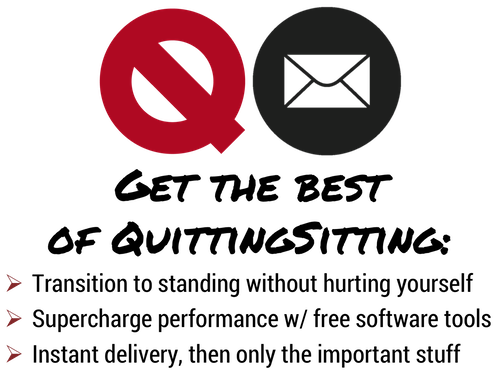 We’re big fans of productivity. It can mean more free time, getting more done, or both. And we like both!
We’re big fans of productivity. It can mean more free time, getting more done, or both. And we like both!
Since we like productivity so much, we spend a fair amount of time thinking about it, and have come up with some interesting theories.
The theory I’m going to share with you today is largely anecdotal – it’s not backed by double blind studies or controlled trials – but it makes a whole lot of sense. And applying the principles here has definitely helped me to be more productive.
Here’s my theory: your brain has a big binary switch for productivity.
Consumption vs Production
I think your brain has distinct, mutually exclusive modes for production and consumption. And I think you’ll identify with these examples.
When you’re being productive – doing good, engaging work – stopping to watch tv doesn’t sound very appealing. You’re enjoying the dopamine rewards you’re getting for producing (solving problems, creating content, accomplishing tasks), and you don’t want to lose that by switching to consumption mode.
On the other hand, when your brain is happily in consumption mode (say, watching TV), even something as simple a taking out the trash sounds like a huge pain in the butt.
Neither mode is better than the other, and for real happiness, it’s important to have both.
But I’ve found that it’s generally much easier to switch from production to consumption than the other way around.
So first, a few tips for achieving and maintaining “production mode.”
How to Enter Production Mode
The quick (and pretty easy) plan for nailing all-day productivity.
Start at the Start (of the day)
I’ve found that I don’t wake up in either mode. And since these modes have associated inertia, it’s important to get off on the right foot. And I think most people blow it right there.
The easiest way to kickstart productivity from the beginning of your day is two-fold:
- Have something productive planned.
- Avoid consumptive behaviors.
Have Something Productive Planned
This one is easy. Before you go to sleep, write down exactly two tasks (ideally pretty meaty ones) that you want to accomplish the next day. To take a page from Tim Ferriss’ (fantastic) book – two is plenty, and if you choose right, you should end up in a situation where you’ll be happy if that’s all you accomplished tomorrow.
Then, when you wake up, you can’t do anything consumptive before completing the tasks.
Avoid Consumptive Behaviors
I see people mess this up two quick ways. First, consuming media right away, whether it’s tv with breakfast or radio in the car. And second, reading email. Reading is consumptive, and if you take action, you’re letting other people (who presumably know less than you about what you should do today) decide your fate. If you don’t take action, you just added unnecessarily to your mental overhead.
Natural Flow State Achieved
My guaranteed personal path to the flow state is as follows:
- Wake up
- Drink water on a quiet walk around the block
- Don’t do anything else before my two tasks are complete
- If any other tasks come to mind, write them down
By the time I’m done with my two tasks, I feel accomplished and can breeze through my email and return any phone calls.
Then it’s easy, effortless productivity for the rest of the day. Until…
How to Switch Back to Consumption Mode
I’ve found that quality sleep requires some consumption before bed. I read books (I can’t stand fiction, but that probably works best), and you should too.
Last Thing – The Weird Reason Video Games Beat Books for Productivity
You’ve probably figured it out by now, but it’s interesting nonetheless. I think it’s important to break up the work day a little bit. Even if it doesn’t make me more productive in the short term (though it does), it definitely preserves my sanity in the long-term and reduces burnout.
My brain is normally a little sluggish after my big lunches (I only eat 2 meals/day, so they have to be big). For years, I would read for a while until my brain was running at full speed again. But that never quite fully did the trick, and I figured this consumption/production theory explained why.
So I switched from reading to playing video games. Still a low psychological barrier to entry, but now I’m putting myself in a production mindset, instead of a consumption mindset.
Because video games require you to make things happen, to create, to work to accomplish goals – they are a much better model for a productive workday than reading a book.
Which is why you’ll find an Xbox and a flat screen in our office. Sounds less crazy now, doesn’t it?
Note: I recommend a game that is fairly repetitive and has clear break points. That way you don’t end up sucked in to a long session, or thinking about the game for the rest of the day. Sports or racing games = good, long-form RPGs = bad.
What do you think? Do you notice the difference between production and consumption mindsets?





[…] out the “How to Enter Production Mode” section of this post for inspiration […]